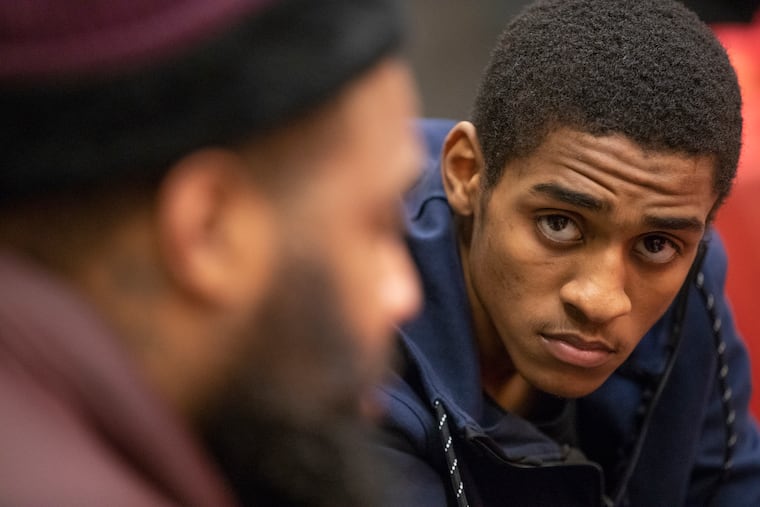Philadelphia will not be represented by a cardinal elector in the upcoming conclave to choose the next pope.
In a significant moment for the Catholic Church, the cardinals will convene at Vatican City on Wednesday to initiate the conclave, an age-old process to elect the successor of Pope Francis, who has recently passed away. This event marks a notable first for the Philadelphia Archdiocese, as it will not have a cardinal eligible to participate in the vote—a situation unprecedented in almost 50 years.
The conclave, a tradition that originated in the 13th century, engages cardinals from around the world in the election of a new pontiff. The College of Cardinals currently comprises 252 members; however, only 135 of these cardinals meet the eligibility criteria to vote in this conclave. The restriction is primarily based on age, as only cardinals under the age of 80 may participate. This rule, implemented by Pope Paul VI in the early 1970s, aims to ensure that the electors are capable of navigating the demands of conclave procedures.
Interestingly, many of the voting cardinals in this upcoming conclave were appointed by Pope Francis himself, representing approximately 70 different countries. The United States is represented by only 10 cardinal electors, a number that does not include Cardinal Justin Francis Rigali, the former archbishop of Philadelphia, who is 90 years old and thus ineligible to vote.
Cardinal Rigali has a long history within the Church, having participated in both the 2013 conclave that elected Pope Francis and the 2005 conclave that led to the election of Pope Benedict XVI. Rigali was appointed a cardinal by Pope John Paul II in 2003, the same year he began his tenure as archbishop of Philadelphia. He held this position until his retirement in 2011, following substantial scrutiny around clergy sexual abuse within the Archdiocese.
Since Rigali’s retirement, neither of his successors—Archbishop Charles Chaput and the current Archbishop Nelson J. Pérez—has been elevated to cardinal status. Consequently, Philadelphia has concluded its participation in conclave elections for the first time in decades.
The establishment of age limits for cardinal electors addresses practical considerations, particularly the challenges faced by older cardinals in traveling to Rome. This rule contributes to a more efficient conclave process, while also reflecting the Catholic Church’s recognition of the physical demands associated with participation at an advanced age.
Philadelphia has produced five cardinals since 1921, ranking third nationally behind New York and Chicago. Despite this seemingly modest number, the city has historically played a significant role in the elevation of bishops to the cardinalate. With this recent change, the Philadelphia Archdiocese discreetly steps into an era without representation in the conclave, following a rich tradition of engagement in the electing process of popes.







